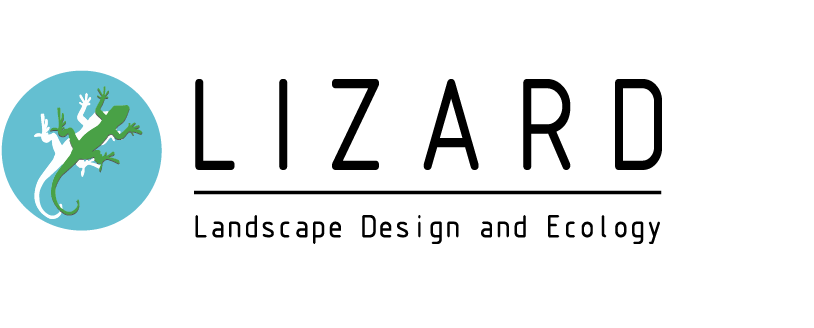It is estimated that around 25% of global carbon emissions are caused by food production. These emissions may be generated by everything from land clearance ready for the planting of crops, all the way through to the generation of fossil fuels during the food distribution and transportation stages.
Not only is this detrimental to the environment but it may also have health implications, as many mass-produced foods require synthetic additives and preservatives to be added at various stages throughout the manufacturing process.
Therefore, not only can growing your own produce save you money and bring your garden to life, but it can also have environmental and health benefits for you and your family. Here are some of the main benefits of growing food in your own garden.
It reduces carbon emissions
Commercial farming is a highly mechanised industry that requires a lot of fuel-powered equipment for things like cultivation and transportation. These processes cause high carbon emissions throughout the farming process.
Food distribution and transportation also account for a large proportion of the emissions involved in the food production process. If your food has travelled a long way to get to the supermarket shelf, its carbon footprint will be considerably higher than if it was produced locally.
By growing your own produce, the carbon emissions at every stage of the farming and distribution processes are instantly reduced, if not eliminated completely. While you will still have to buy some items, any reduction in carbon footprint is beneficial.
It gives you full control
Many mass-produced foodstuffs are treated with chemicals that can harm the surrounding soil and groundwater, kill or remove useful bacteria, and prevent nutrients from being naturally distributed throughout the plant and the soil.
Growing your own food means you can decide exactly how you want to grow it, including what goes into the soil, what goes on the plant, and how much of each you’re willing to use. You are completely in charge of whether or not to use pesticides and fertilisers, as well as choosing which types to get if you do choose to use them. You can also grow entirely organic produce if you want to.
It provides better nutrition
Commercial farming and food production often focus on appearances and saleability, rather than nutritional value. The industry revolves almost entirely around the premise that people buy good-looking produce, but perfect appearance has very little to do with nutrition. Healthy, nutritious food comes from plants that are grown in healthy soils and are treated with little to no chemicals.
When growing your own produce, you have the freedom to add things that maximise the quality and health of your soil - for instance, compost, minerals, nutrients, and biochar. The increase in biological life in your soil will subsequently support and feed your plants and provide the most nutritious final product possible.
Additionally, households that grow their own produce are said to consume 40% more fruits and vegetables per day than those that do not and are 3.5 times more likely to meet the five-a-day recommendation.
Lizard Landscape Design and Ecology is a chartered consultancy of landscape designers, ecological consultants, and tree surveyors. We proudly take on sustainable landscaping projects and are committed to protecting the natural environment. If you’re looking to make the most of your outdoor space in an eco-conscious way, contact us today.

